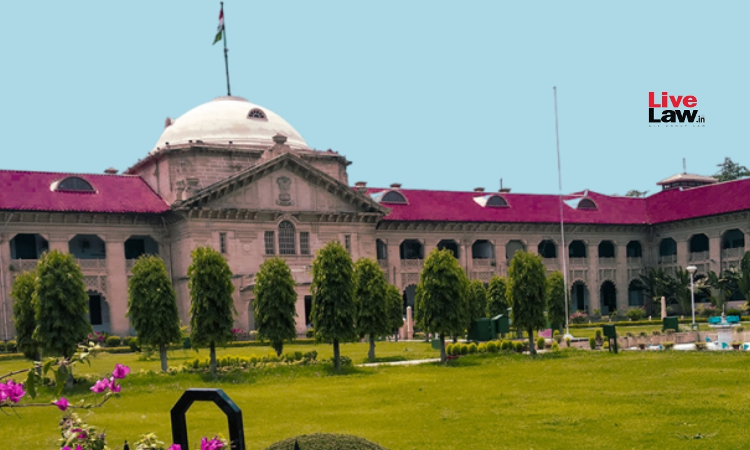Payment Of Wages Act | District Judge Deciding Appeal U/S 17 Acts As A Court, Not As 'Persona Designata': Allahabad High Court
Upasna Agrawal
31 Jan 2024 10:45 AM IST

Next Story
31 Jan 2024 10:45 AM IST
The Allahabad High Court has held that a judge appointed in individual capacity by name acts as a persona designata but when he is appointed by his designation alone, he acts as a Court. The Court held that the test to determine whether appointment is made as a persona designata or not is to see if the person has been appointed by “his name alone, the description or designation being given...
